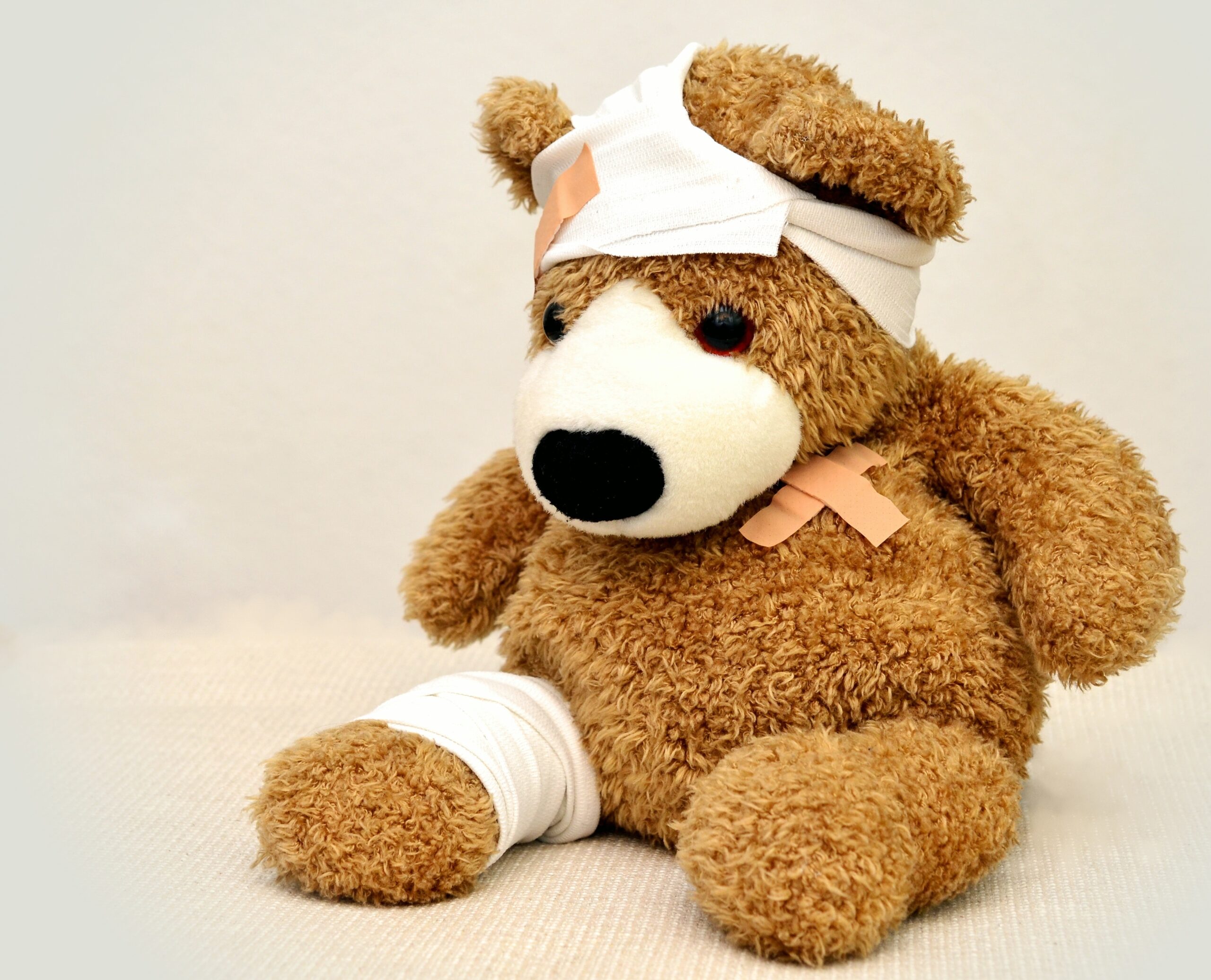We wish that life would be a series of positive moments, but, alas, this can’t be the case. From time to time, we’ll experience something that knocks us off balance. The good times will seem very far away. At the top of this list is the sadness of losing a loved one, which is, to most people, the most stressful experience that you can go through.
While it is devastating, it’s important to remember that there are things you can do that’ll make the pain easier to manage. In this blog, we’ll run through some of the most effective methods for moving forward.
Focus On the Positives
It is easy to focus on the bad side of a person’s death. But there are other ways to look at it. For instance, you can focus on the positives. By this, we mean anything that is better than the worst-case scenario. Perhaps, for instance, their death was painless, and they were surrounded by loved ones. There’s comfort in that.
More broadly, you can look at the positives of their life. Perhaps they left behind a great legacy of offspring or did a lot of good while they were on this earth. Remember those things.
Surround Yourself With Loved Ones
Grief can seem like an isolating experience, but it’s important to remember that there will, in most cases, be many other people who are going through the same things as you. If you have a family, then surround yourself with them. There’s a lot of comfort to be gained from grieving as a tribe rather than by yourself.
If you don’t have people you can turn to, then look online — there will be strangers who are going through their own grieving process, and you can help each other.
Take Care of Business
It’s important to care of the logistical issues surrounding death. But this isn’t just important — it’s also beneficial. It can really help with the grieving process to organise a funeral, for instance. Get in touch with a funeral director, and begin making the arrangements.
You’ll also find it helpful to organise the person’s personal belongings and to notify friends and family who don’t yet know the news. These aren’t things that you should immediately do, but when you’re ready, you’ll find that they help.
Let Yourself Feel
You’re going to be feeling a lot of intense emotions in the immediate aftermath of the death — and perhaps for a lot longer after that. While avoiding the pain can be tempting, it’s best to face it head-on. There’s no avoiding the fact that you will have this pain inside you — you can either acknowledge and gently let it go, or you can bottle it up and wait for it to come out in another way.
Many people turn to coping mechanisms when they’re going through the grieving process, but they’re only ever useful on an extremely short-term basis, and maybe even then, they’re not useful. If you feel sad, then allow yourself to feel it.



